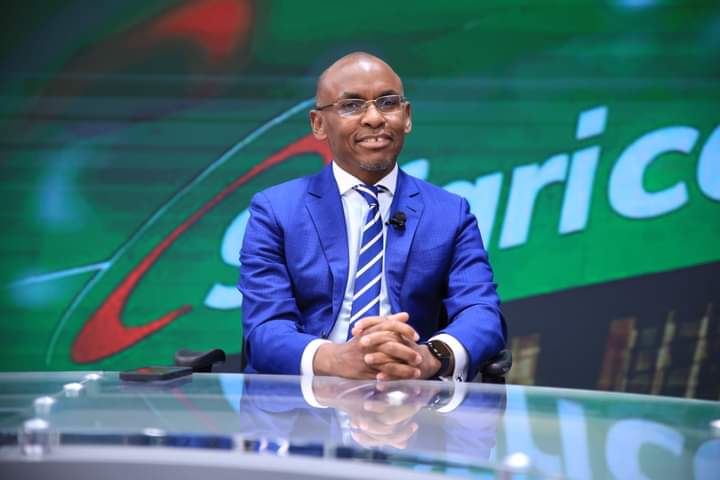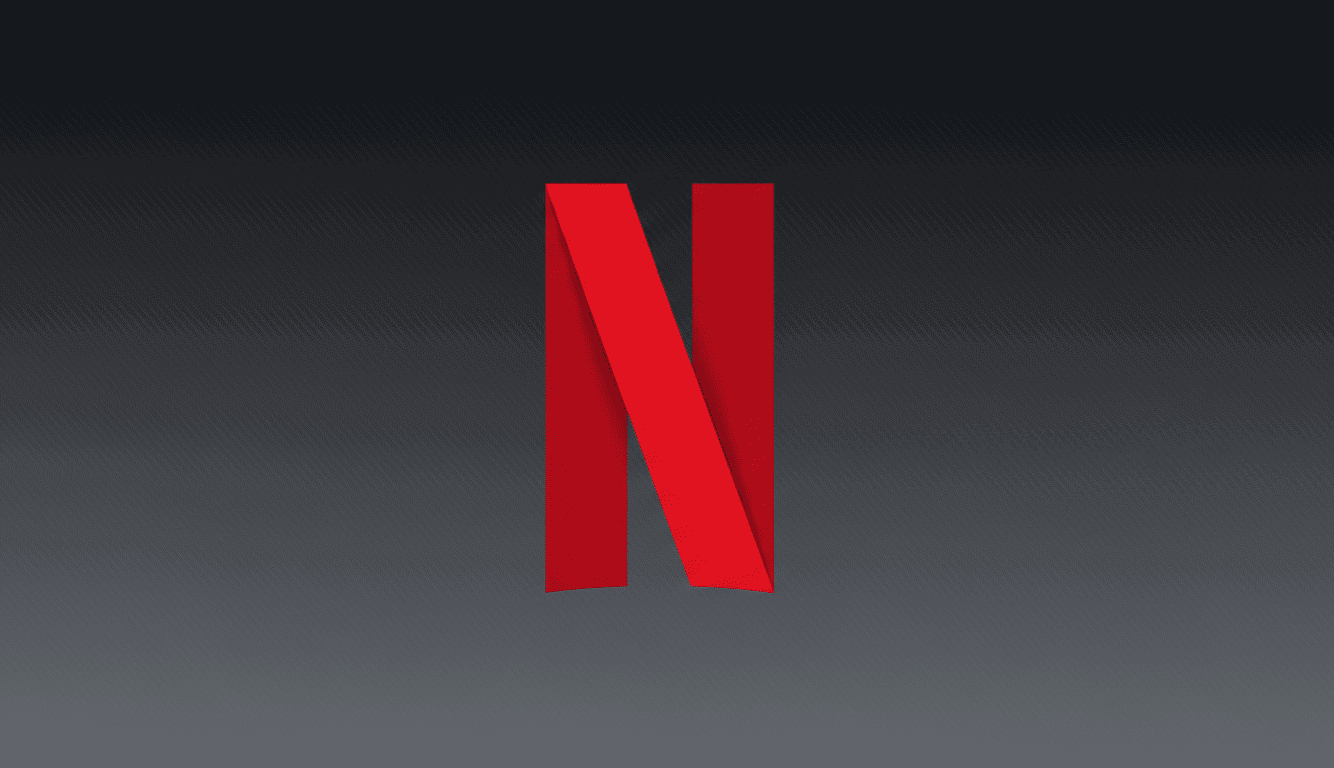KENYA : Peter Ndegwa, CEO of Safaricom Plc, East Africa's leading telecommunications firm and the architect behind the mobile payment platform M-PESA, earned Ksh252.3 million ($1.95 million) in total compensation for the 2024 fiscal year.
This marks a 19.4 percent decline from last year's earnings of Ksh313.1 million ($2.42 million), primarily due to a 31.7 percent drop in the value of share-based awards.
Safaricom's total comprehensive income also faced challenges, reporting Ksh35.4 billion ($273.5 million) for 2024, down 43.6 percent from Ksh62.7 billion ($423 million) in 2023.
Ndegwa's total compensation for Safaricom's 2024 fiscal year includes a base salary of Ksh94.3 million ($729,083) and a performance-based short-term incentive of Ksh23.9 million ($184,779).
A noteworthy component of his compensation is the long-term incentive award of Ksh134.1 million ($1.04 million), acknowledging his unwavering commitment to Safaricom and his extensive experience in the telecommunications industry.
Comparing Ndegwa’s recent earnings to the financial year in March 2022, he earned Ksh 288.9 million, marking a substantial 43 percent increase from the Ksh 202 million he received in the 2020 financial year.
This translates to an average monthly income of Ksh 24.075 million.
Notably, Ndegwa received Ksh 178.8 million in bonuses during the year, representing a noteworthy 98 percent increase from the Ksh 90 million he earned in the 2021 year.
It’s worth mentioning that Ndegwa’s initial salary as Safaricom CEO in 2021 exceeded the final salary of the late Safaricom CEO, Bob Collymore, by Ksh 590,000.
For the financial year that concluded in March 2022, Safaricom allocated Ksh 471.5 million for directors’ remuneration, showcasing a slight increase from the Ksh 469.7 million in the previous year.
Safaricom justifies its remuneration policy, which was established in 2018, by comparing it to an independent survey and benchmarking it against peer organizations in the market.
The company’s policy aims to reward performance and align compensation with the company’s short-term and long-term objectives.







